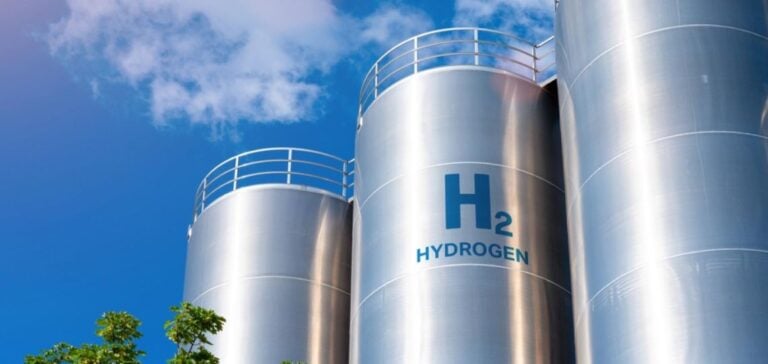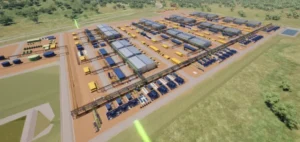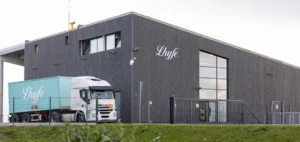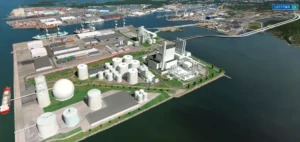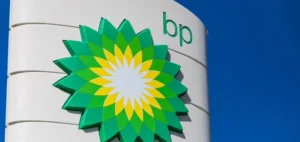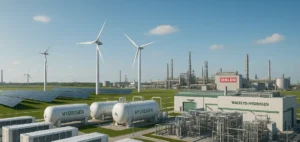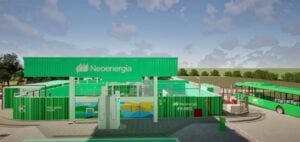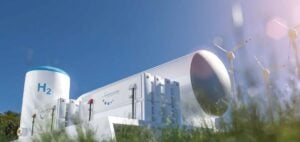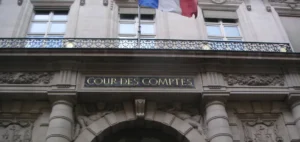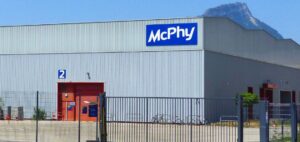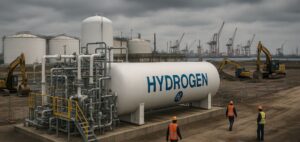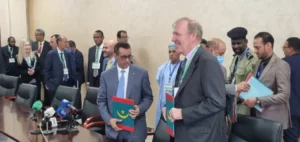The European Union has officially recognized three voluntary certification systems for renewable fuels of non-biological origin (RFNBO). Operated by REDcert, ISCC, and CertifHY, these systems now enable auditing and certification to ensure the sustainability of green hydrogen production. They allow the issuance of Proof of Sustainability certificates to verify the origin and carbon impact of the energy used.
These certifications, crucial for structuring a competitive European market, also facilitate access to financial incentives at the national level, particularly in Germany.
Attractive financial incentives
Germany, through its environmental agency Umweltbundesamt (UBA), announced that these systems will allow national producers to qualify for financial bonuses. One such incentive includes a 3-euro bonus per kilogram of renewable hydrogen produced under the THG (greenhouse gas reduction) quota. This initiative aims to boost local production while supporting the European Union’s decarbonization goals.
Toward European harmonization
This European recognition is part of an effort to consolidate standards to ensure interoperability between national and European certifications. Previously, these systems operated provisionally, limiting their impact on the market and financial incentives.
Aligning certifications with European regulations is expected to strengthen investor and industrial confidence. This harmonization also aims to accelerate the development of infrastructure needed to support the energy transition across the continent.
Impact on energy markets
Producers of green hydrogen anticipate that this measure will enhance their competitiveness by facilitating access to European funding and local incentive programs. Experts believe the transparency provided by these schemes will increase the attractiveness of renewable hydrogen in industrial and political projects across Europe.
This recognition represents a strategic milestone for European energy policy, highlighting the importance of hydrogen as a key lever to achieve climate targets set for 2030 and beyond.

